By Nnaoke Ufere
In this essay, I become the voice of Ada Okeke, a young Nigerian woman who has entrusted me with her heart-wrenching story.
Our community’s collective grief and empathy are the threads that weave our experiences together, and it is through this shared understanding that I recount Ada’s poignant story following the loss of her father.
Here’s her story.
I am Ada Okeke, a 26-year-old woman living in Atlanta, USA. My life was forever changed during my high school years when I faced the devastating loss of my beloved father.
His passing left a void that seemed impossible to fill, a pain that still resonates deeply within me.
As the oldest sibling, I had to find my way through the darkness of grief while also supporting my mother and younger siblings.
As I navigate the complexities of grief, identity, and cultural heritage, I invite you to walk alongside me, to bear witness to my story, and help prevent other Nigerian children from the unnecessary anguish my siblings and I have endured.
When my father passed away, his body was transported to his ancestral village for burial, in accordance with traditional customs.
I was told that this was the rightful way to lay him to rest, and as a traumatized teenager, l didn’t have the emotional bandwidth to question this practice.
However, as I grew older and began to reflect on my experience, l started to wonder: Is this custom still relevant in today’s context, or is it a relic of a bygone era that perpetuates unnecessary financial and emotional burdens on families already grieving?
Why must we bury our loved ones in a place where their children and grandchildren cannot easily visit, pay their respects, and maintain a lifelong connection?
Why deny future generations the opportunity to lay flowers, share stories, and bond with their parents at a nearby gravesite, every anniversary of their passing?
I’m sure I’m not the only Igbo daughter or child asking these questions, as my friends who have lost a parent or two have echoed similar sentiments, their voices laced with the same longing and sorrow.
Together, we wonder: Why must our ancestors’ traditions dictate our grief, instead of allowing our love and longing for connection to guide us?
Why must we sacrifice the comfort of proximity and the solace of shared memories for the sake of a distant burial tradition that feels like a heavy yoke, than a living, breathing tribute to our loved ones?
These questions ignited a passion to explore innovative ways to honor our cultural heritage in burial practices, while prioritizing the needs of the living, including those of us in the diaspora who are direct descendants of our beloved departed parent or parents.
I hope my story will inspire a thoughtful and nuanced conversation about the intersection of tradition, culture, and the evolving needs of our communities, particularly the often-overlooked perspectives of children, who are disproportionately impacted by these life-changing decisions.
May my story spark a movement towards more inclusive and compassionate approaches to honoring our heritage, and may our parents’ legacies when they pass be celebrated in a way that nourishes our spirits and strengthens our bonds across generations.
The Darkest Day Of My Life
I was blessed to grow up in a loving family, where my father showered us with love and admiration. He was our rock, our guiding light, and role model.
We cherished every moment with him, even in his final days as he battled a fatal illness. We sat by his hospital bed, holding his hands, praying for his recovery, and begging God to spare his live.
But fate had other plans. The day he left us was the darkest day of our lives. We lost not only our beloved father but also our mentor, our confidant, and our hero.
The grief was overwhelming. And then came the devastating blow: Our mother told us that our father would be buried in his village in Nigeria, thousands of miles away from our home in Atlanta, instead of in our local cemetery where we could visit him often.
My father’s wishes were silent on this matter, and it appears that his family in the village, in collaboration with my mother, unilaterally decided to follow this tradition.
The omission of his explicit instructions on this matter suggests that he may have intentionally left it out, trusting that his loved ones would prioritize his true desires.
Instead, cultural expectations and extended familial pressures seemingly took precedence, leaving us with a painful legacy that conflicts with our personal values and needs as his children.
The thought of being separated from our father’s final resting place was unbearable.
The financial burden of honoring my father’s memory in a way that felt authentic to Igbo burial rites came at a steep cost to my family.
Draining his hard-earned savings and plunging us into debt to fund an elaborate and distant burial ceremony, masqueraded as a “celebration of life”, left our family reeling from financial devastation for years.
The weight of this burden was a constant reminder that our grief had been compounded by the pressure to conform to tradition, rather than prioritizing our own well-being and financial security.
But the situation only deteriorated further. The entire family was expected to undertake the arduous journey from the US to the remote village for the burial, incurring exorbitant travel and accommodation expenses.
In retrospect, the financial burden and logistical challenges were utterly unjustifiable, especially considering the risk of kidnapping and armed robbery and other health concerns.
The strain on our emotional and financial resources was staggering, a bitter pill to swallow in our time of grief. The ordeal left us feeling drained, regretful, and questioning the true value of adhering to a tradition that brought us more pain than solace.
As we stepped into the village, my siblings and I were met with a jarring sight that left us reeling. Our father, who had always preached the importance of living within our means, had built a grandiose mansion in his rural hometown, while we had grown up in a humble, cramped house in the US.
The irony was staggering. This ostentatious display of wealth, built with the sweat of his brow, would never be a home to his own children. We would never set foot in it, never create memories within its walls.
The obscene mansion was more of a mausoleum, a tomb for his body rather than a testament to his love for his family.
In that moment, I felt a deep sense of sorrow and anger, wondering why he had let his loyalty to an outdated custom override his responsibility to his living family.
His education, his wisdom, had not been enough to overcome the blind pull of tradition. The pain of this realization still lingers, a reminder of the disconnect between our cultural heritage and our personal well-being.
A burial site is more than just a plot of land; it’s a sacred sanctuary where families can find solace, connect with their loved ones, and honor their memory. By locating our father’s burial place in the faraway village, my siblings and I were denied this privilege and we were devastated.
Last year I decided to visit my father’s grave in the village for the first time since we buried him there. It was a trip I wasn’t sure I wanted to take.
First, it wasn’t safe from everything I read about the hardship and insecurity in the country. Second, it was extremely expensive. But my mother persuaded me and two of my siblings to join her.
As I stood before my father’s gravesite in the village, I was met with a sight that will forever haunt me. The once-tended grave was now overgrown with weeds, the marble tiles vandalized or stolen, and the entire area left in disarray and desecrated.
The pain and neglect etched on that sacred ground mirrored the ache in my heart. My mother, too, finally realized the grave mistake she had made in burying my father in this forsaken place, far from our love and care.
I couldn’t contain my anguish as I paid the occupants of our family home to restore some dignity to the site. Each night, my siblings and I would visit the grave, pouring out our tears and prayers, feeling our father’s presence, knowing he, too, felt trapped and unhappy.
As we prepared to leave the village, I placed a wreath of dried flowers on his grave, a symbol of our enduring love. The silence in the car on our way to the airport was deafening, a testament to the sorrow and regret that had consumed us all.
In that moment, I knew that our father’s memory deserved better, and I vowed to ensure that his legacy would never again be forgotten or disrespected.
In conclusion, traditions may bind us to our past, but they must not suffocate our present and future. As we navigate the complexities of culture and family, let us not forget the love and respect that our loved ones deserve, even in death.
May my story serve as a reminder that sometimes, the hardest lessons are those that teach us to let go of the past and embrace a new path forward, one that honors our loved ones with the dignity and love they deserve.
Burial practices and where you want to be buried is a private and personal choice. I respect that. However, as we navigate the complexities of our roots, let us not forget that our parents’ legacies deserve to be honored in a way that nourishes our own spirits, rather than leaving us with a sense of disconnection and loss.
While I’m a proud Igbo daughter, I have decided to be buried where my own children live, where they can visit me easily, tend to my grave, and share stories of my legacy with their own children, creating a sense of continuity and connection that transcends generations and geography.
In doing so, I hope to break free from the shackles of tradition and forge a new path that honors my heritage while prioritizing the needs and well-being of those I love.

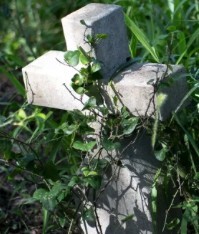
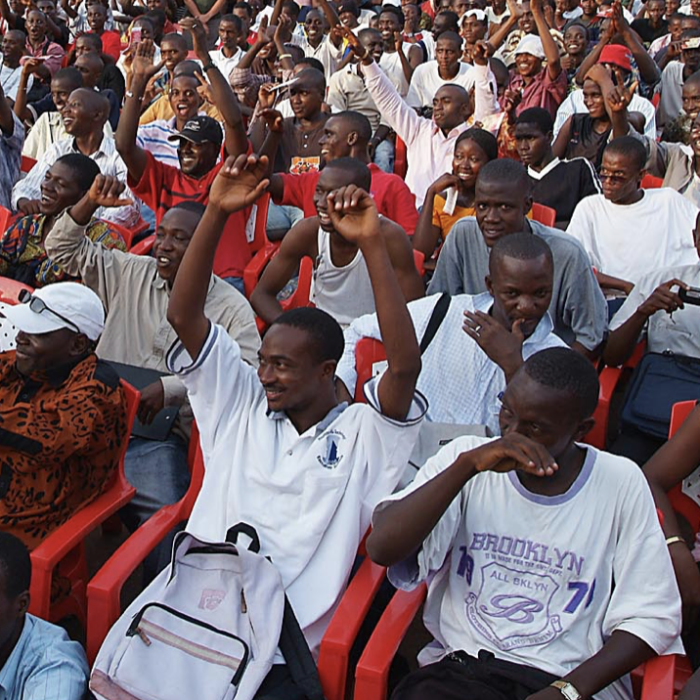
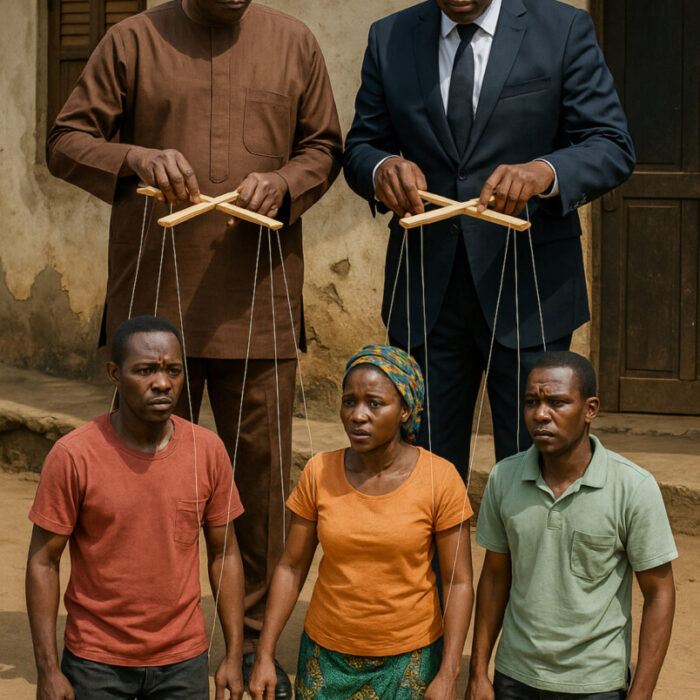
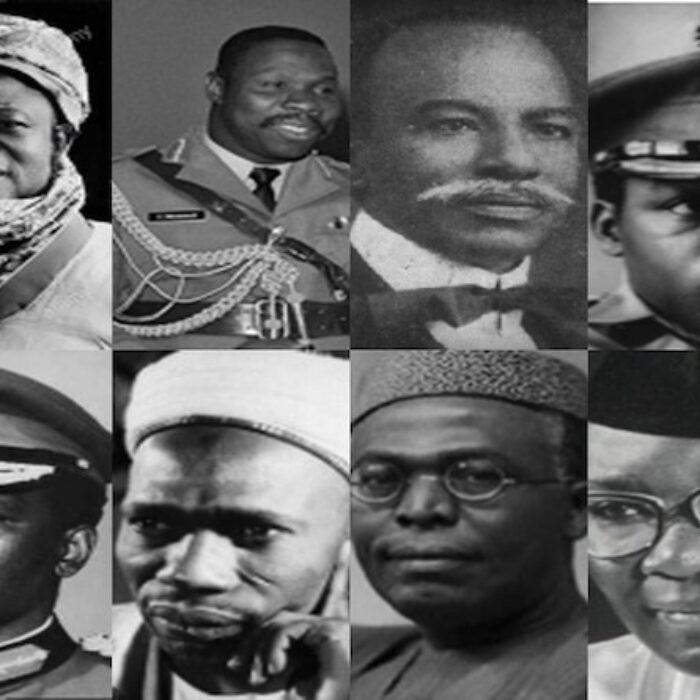
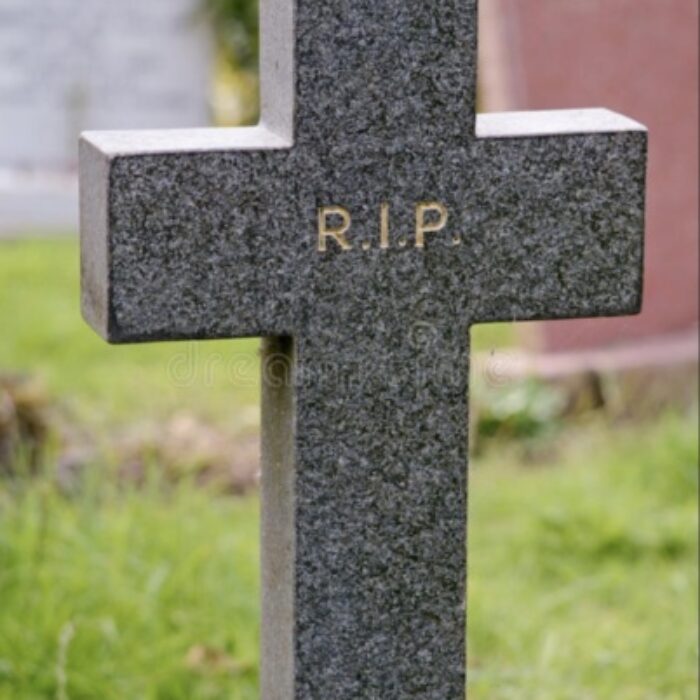
This is a sensitive subject for me. I would have chosen not to make a comment, but I’m still compelled to do so because in the end, it boils down to personal choices. My late dad, while undergoing chemotherapy for stage four cancer, prepared himself mentally for the inevitable. He had chemo sessions every three weeks and the sessions took a financial toll on all of us. We did our best to ensure that he would beat it. However, my father had the privilege of knowing that his illness would eventually take it’s toll on him. Mentally he prepared himself while he was still clear-headed. He once told me, while he was still at my house in Abuja that he wouldn’t want to be put in the mortuary for long. He said he didn’t want to be in the same place with robbers and killers🤣. And that if he passed on while in my house in Abuja, we should bury him in Abuja. Then he would say something else as an after thought. He would say, he would still prefer to be taken home to be buried at the place where he was born. I would always jokingly tell him that keeping him in the mortuary was a given. It was going to be inescapable, but I will make sure they don’t put him near any robbers and killers🤣. I grew up and spent a better portion of my life living outside my state of origin, but I’ve always known that a deceased adult from igbo land is always taken home for burial. For the thrifty odd years I lived in Northern Nigeria, I never witnessed or heard that an igbo man or woman was buried outside igbo land. I grew up a Presbyterian. Most of our church members were Igbos, Efik and Ibibios. Over the years, some church members have died and every one of them was taken to their villages to be buried. It’s not peculiar to Igbos alone and this is what I’ve always known. However, a diasporan who chooses to be buried at his ancestral home, should make provision for such rather than incur huge expenses for his/her family. My mother-in-law passed on a few years ago. She was buried outside her ancestral home because her husband and children preferred to bury her close by. This decision still had to be accepted and ratified by their kinsmen in the village. We have strong cultural ties in Nigeria, regardless of where we come from. Perhaps it would shock you to know that the Christian folk from Plateau State and Southern Kaduna living barely 2-3 hours or less in Abuja still travel to bury their loved in their villages. In the end I believe it’s still a matter of choice.